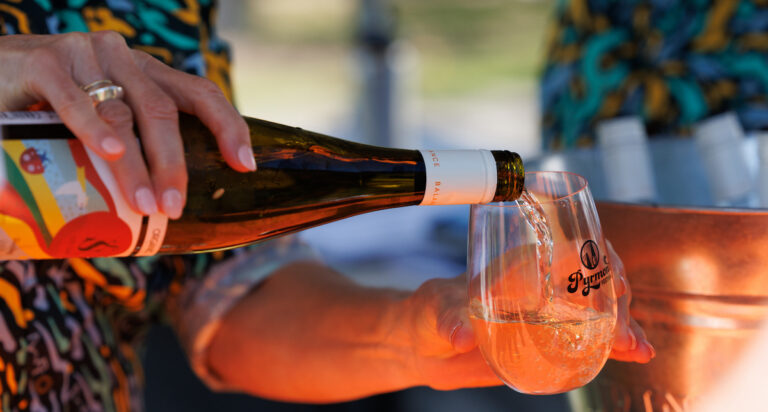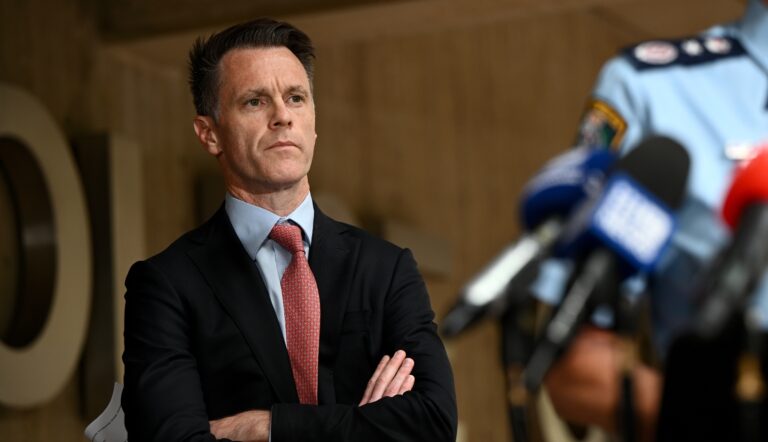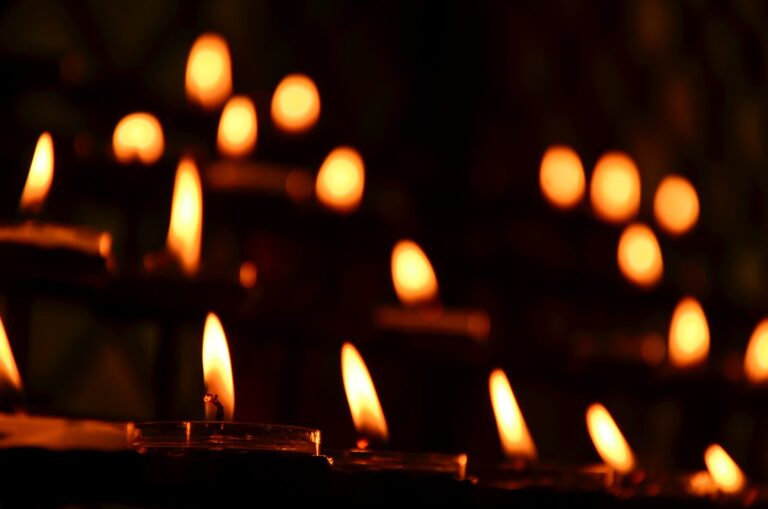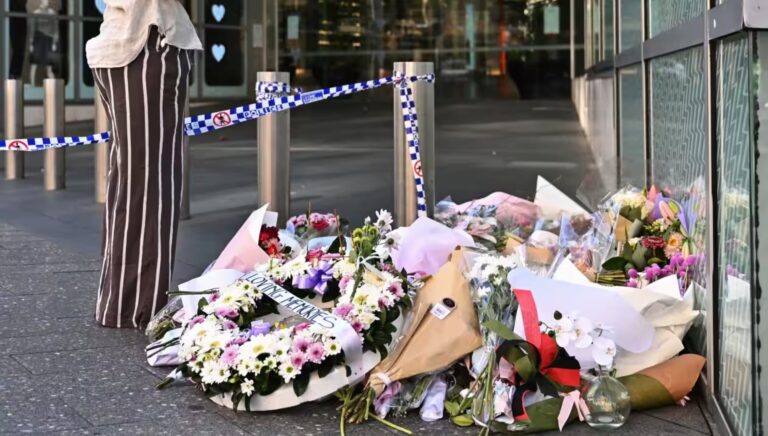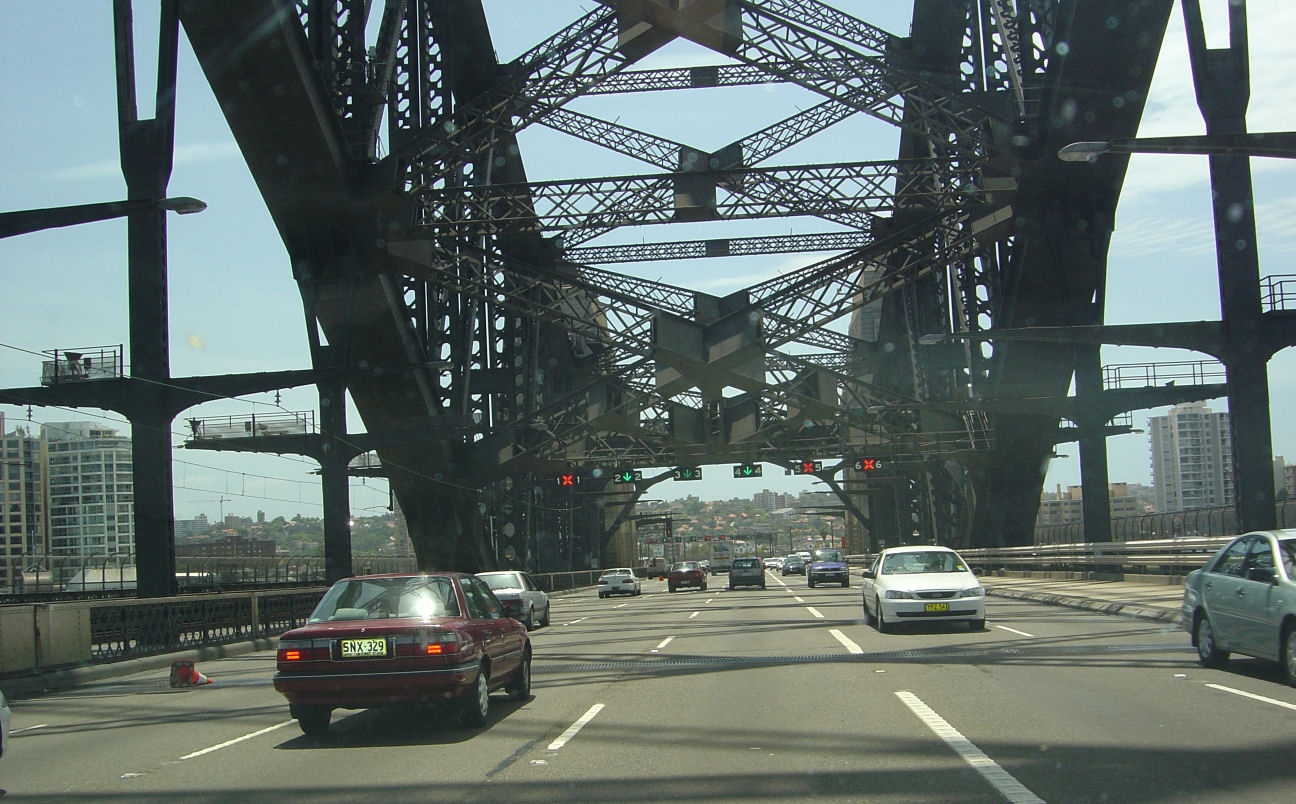
No border for MSF’s world aid

Médecins Sans Frontières (MSF) – or Doctors Without Borders, as it is known in English – is the world’s leading independent organisation for medical humanitarian aid. On any given day, there are more than 24,000 field staff assisting people caught in crises across the planet.
Local Australian doctors, nurses, anaesthetists, and pharmacists can be called up and airlifted out of their everyday lives in places like Bondi and Darlinghurst, to countries like Syria and Libya, within a matter of days or even hours.
Tying in with MSF Australia’s current campaign to raise awareness and funds to help the organisation continue its good work, The Bondi View profiled several Sydney field workers.
Heidi Spillane
38-year-old Bondi local Heidi Spillane first joined MSF on a seven-month mission to Kenya in 2006. With a growing interest in MSF’s advocacy work and humanitarian aid projects, Ms Spillane travelled to Kenya, Uganda and China, helping to “make a difference” by giving people greater access to medical treatment.
Ms Spillane’s missions have focussed on helping marginalised communities affected by the outbreak of HIV and tuberculosis. Her 2009 mission in Nanning, China saw to the provision of free HIV treatment at healthcare facilities, catering for 1,170 adults and 80 children who would travel for hours from remote villages to attend their clinic appointment.
“HIV is one of the diseases that particularly affected vulnerable populations,” she says. “We’ve given those people access to a health service where they are treated fairly and non-judgmentally.”
Ms Spillane says MSF aims to make a “direct impact” by operating without favouritism and maintaining independence in helping impoverished communities like Nanning, irrespective of religion, politics and agenda.
Ms Spillane says working with MSF was a rewarding experience and an opportunity for learning about different people and cultures.
“I have developed [many] skills from constantly being pushed to take on new challenges – it stretches you,” she says. “I think it has a lot to offer the right person.”
Sally Thomas
When most people think of MSF staff, they think of medical professionals. But MSF is actually made up of professionals of all kinds – such as Rozelle-based architect Sally Thomas.
“I had been working as an architect in Sydney for almost seven years and not enjoying the daily grind of sitting in front of a computer every day for up to 12 hours,” explains Sally.
“I worked with some inspirational architectural firms but I was getting restless. I wanted to be more involved with the ‘social’ aspect of architecture – how buildings can assist people and other services.”
After months of searching, the idea of working with MSF as a logistician appealed to Sally and in 2009, she embarked on her first field placement, to Homa Bay in Kenya.
Since then, she has worked in several countries, from helping construct a trauma hospital in Port-au-Prince, Haiti, to serving as a construction logistician in northern Nigeria, for a nutrition project.
“I love my work with Médecins Sans Frontières,” she says.
“Even though it can be hard to keep in contact with friends and family in Australia, I’ve found that my group of friends now spans the whole world.”
Kevin Baker
“Once it’s in your blood, it never leaves you,” says Kevin Baker, 67, from Darlinghurst. An experienced anaesthetist who has worked with MSF for 16 years, Kevin can tell when it’s time for another stint overseas – and so can his wife. “I get restless,” he laughs.
But the experiences Kevin finds himself in are no laughing matter. The work is dangerous and far removed from his usual life in the inner Sydney latte belt.
“You do live in a state of perpetual high anxiety when you’re in these situations,” he says. “But it’s a great feeling knowing that you’re making a real difference to people’s lives, and in some cases saving their lives.”
Since starting in 1997, Kevin has completed 13 placements in the field, in countries including East Timor, Libya, Palestine, Sri Lanka, Yemen, Pakistan, Nigeria, Tunisia and Syria. He has just recently returned from his second placement in Syria.
“Another great thing about this work is that you’re not only helping others but you’re helping yourself – I’ve seen so much of the world through this work and my understanding of different cultures, and people in general, has been greatly enriched.”
For more information about MSF Australia go to www.msf.org.au or msf.tv
